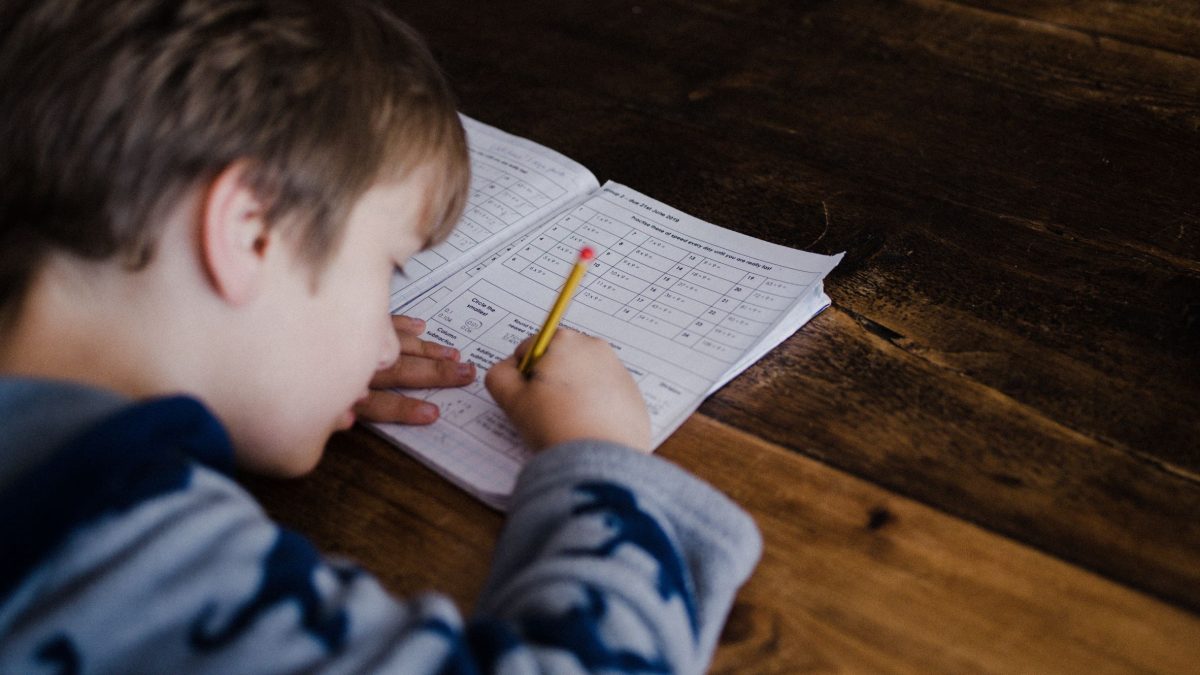Tips to Beat Exam Stress

Excelling in academics is must, but should you ignore sports? Let’s find out
October 16, 2021
Sports – A Victory from within
December 15, 2022Think of the impending exams, and stress seems inevitable. While being little anxious is certain, dreading the prospects of sitting for exams shouldn’t hinder a student’s peace of mind, or get them down.
Too much stress often leads to child losing appetite or over-eating, becoming irritable, suffering from panic attacks and insomnia. In worst case scenario, a child may even contemplate suicide.
So, can we beat examophobia? Of, course we can. Here are tips to a systematic approach to help students ace their exams with flying colours:
Follow a time table: As exams near, students should make a time table of subjects to get a clear idea of how much time they need to dedicate to each exam, and which are the topics that need more attention. As learning and revision progresses, they should tick mark the topics that they have covered to get some sense of achievement, and confidence that they are nearing the finish line soon. Following a time table thoroughly makes a student feel that they have more control over time, and know how their revision pans out. Exam timetable should be blend of learning, revising, and attempting sample question papers to know if the child can complete the exam on time.
Improve Focus: To avoid the mind from getting distracted from studying, it is imperative for a student to ensure that their desk and room is clean. A cluttered desk will only distract the mind, and hinder learning. Also, research shows that physical clutter burdens the brain, which in turn reduces the ability to think and learn.
Workout: While exercise may be the last thing that the student might want to do during exams, but workout is a great stress buster, and Doon International School, Chandigarh recommends our students to take out some time for exercise like jogging and biking. Research has proved that regular exercise fills the brain with happy hormones called endorphins. So after workout, students feel relaxed, alert and happy. If not intensive exercise, ten-minute walk a couple of times in the day is enough to keep the students relaxed. Even stretching, which is known to improve flexibility, reduces stress and tension.
Eat right: Consuming the right food helps students beat stress and sleep better. Instead of grabbing junk food or plastic food bags, switch to healthy options like fresh carrot, cucumber or celery. Even munching on nuts, which are loaded with healthy fats and magnesium, keep stress in check. Do not skip walnuts as they are particularly good for memory. Other options are berries and bananas that keep the immune system strong and are great for producing happy hormomes, respectively. Try including small amount of dark chocolate and see the wonders it does. Yes, it is not naturally sweet, but it is produces endorphins, and provides the right amount of caffeine to keep the student alert.
Practice mindfulness: A student should sit at a quiet place, and get awareness of their mind and body. Doing some deep-breathing exercises, being aware of the breath that they inhale and exhale through nostrils, and shifting focus to each part of the body one at a time has scientifically proved to reduce stress levels.
List Achievements: Instead of criticizing self for missing targets, the child should create a list of their achievement, even if they are small, at the end of every day to remain positive and confident that they will successfully ace the exams. Also, creating positive affirmations about being confident, focused, successful helps student remain calm and focused.
Formulate exam strategy: Every student has their way of attempting the paper. It is advised to first attempt questions that carry high marks. Or else they can start with easy questions that will take less time.
Talk out: A child might find it tough to devise a timetable. In such a scenario, parents should step in and guide the child to devise a study schedule with major focus on subjects that are difficult. Also, parents can practice appreciating and rewarding the child, even for the small achievements.
Take a break: The brain cannot work at optimal capacity all the time. To give brain some rest Doon International School, Chandigarh advises students to have periods of disengagement to relax the mind. The student can take up their favourite hobby like painting, listening to music or just reading a good book to ease the exam tension.
Get adequate rest: Every minute is precious while preparing for exams but that doesn’t mean that students give up on sleep and burn the midnight oil. Study during the day time, and get enough sleep at night. According to research, adequate sleep of at least seven hours helps improve concentration, productivity and reduces stress, which eventually maximizes the performance. The student should try to sleep and get up at the same time every day to optimize the quality of their sleep.



